All cats meow, but not all meows are equal.
If you’re an experienced cat owner, you know that these meows mean different things! But what exactly do different meows mean?
Keep reading to find out how to translate and decode your cat’s meows!
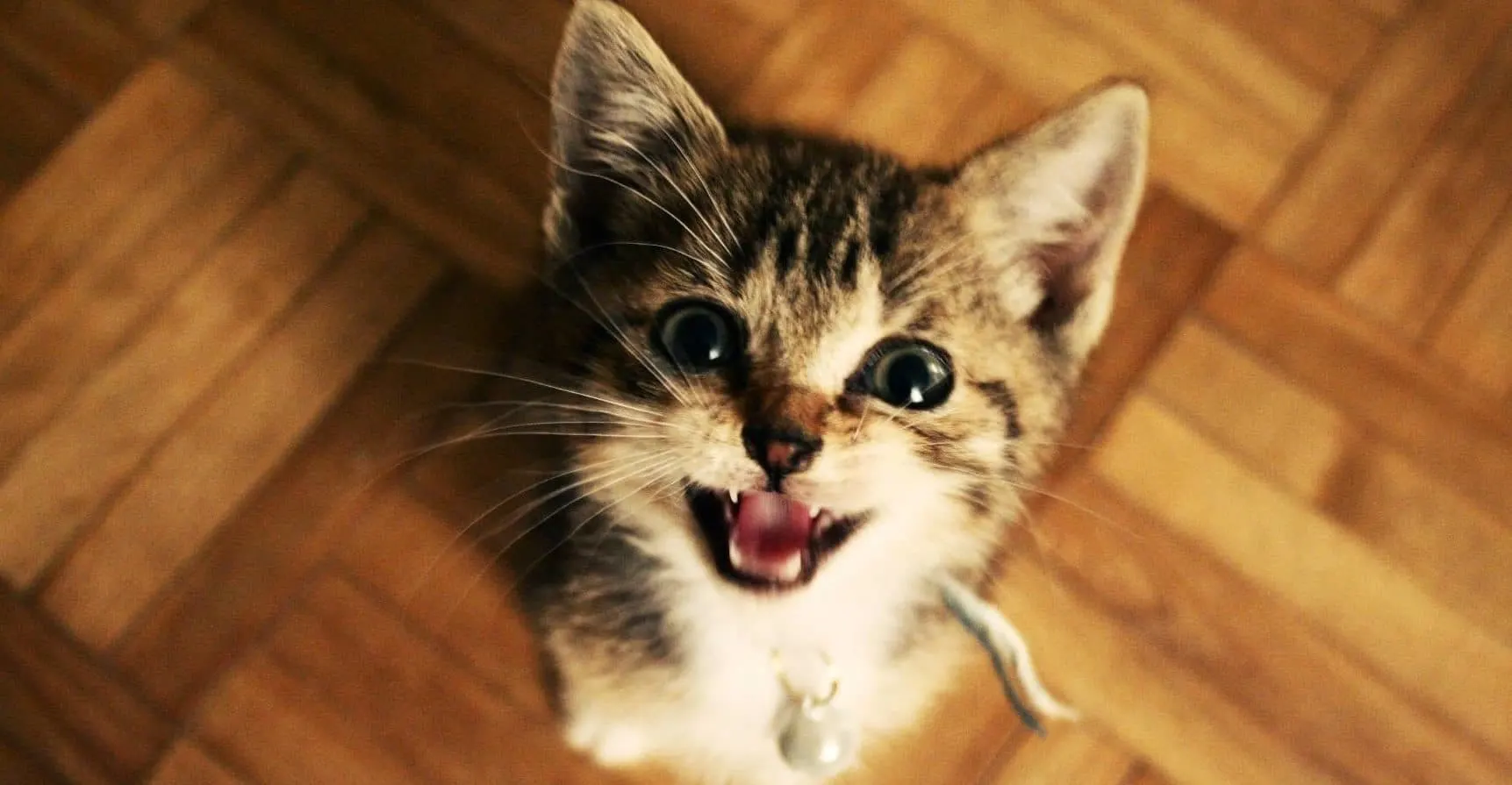
“Meow” is Just for YOU
Cats don’t normally meow for other cats.
Kittens meow to communicate with their mothers, but the mothers stop responding once they are weaned.
This suggests the only reason they continue to meow is to communicate with humans.
So when your cat meows, you can almost be certain your kitty is trying to communicate whatever they need…directly to you!
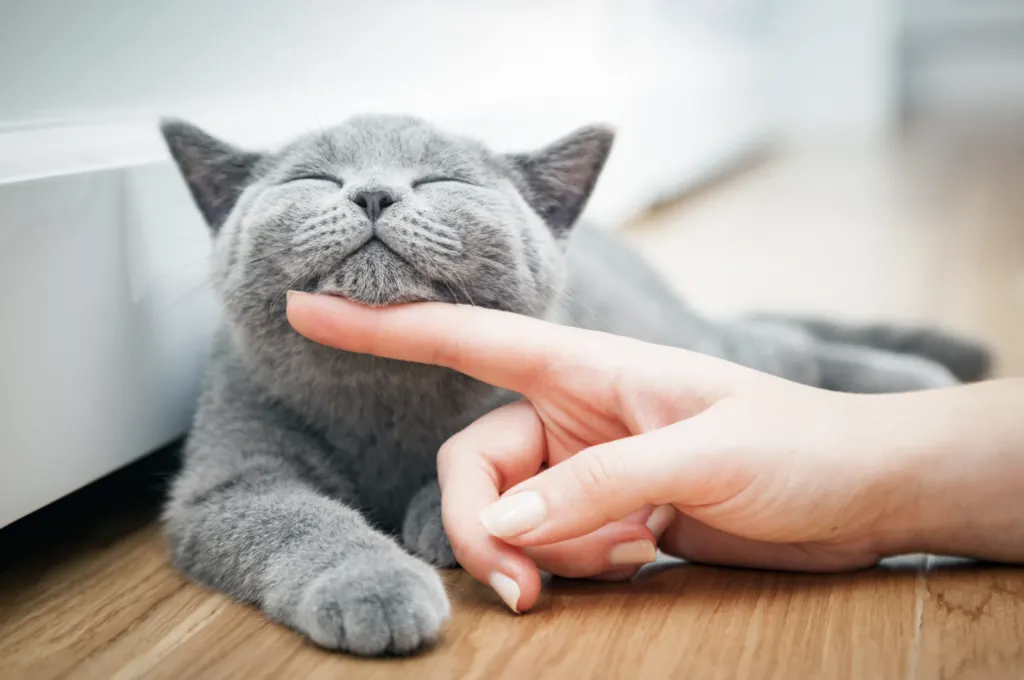
Each Cat Has a Unique Meow
Each cat will have a different tone of voice because of the same reasons humans do.
Gender, age, and size contribute to a cat’s natural tone of voice.
Just like humans, cats will go through vocal changes over the course of their life.
Kittens have tiny, high pitched meows whereas adult cats have deeper, more developed meows.
You might even find that older cats have raspier, baritone voices.
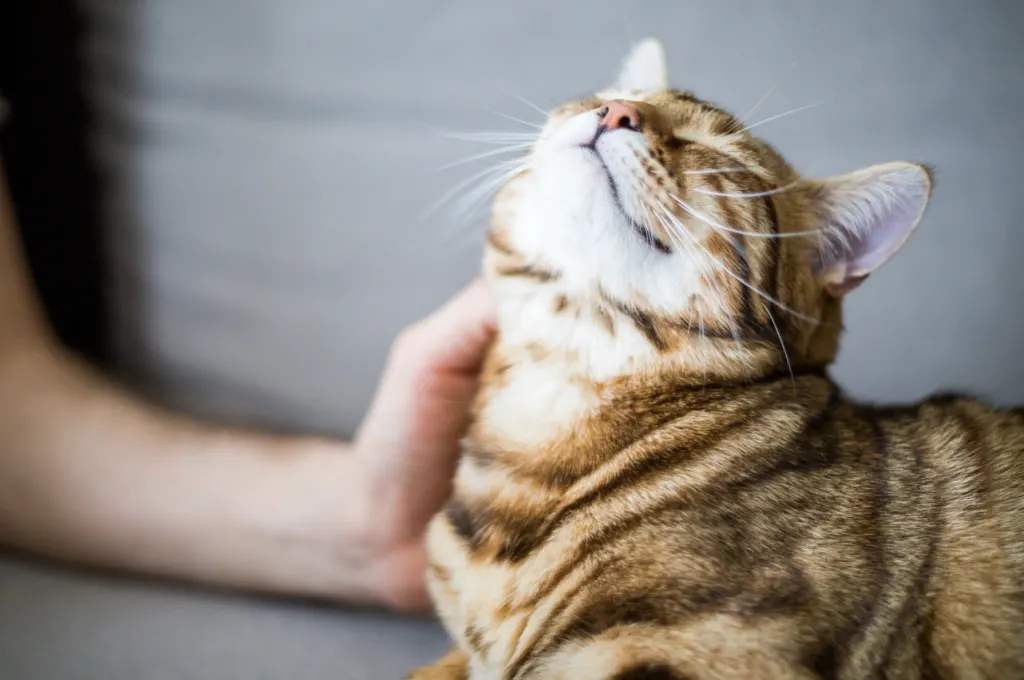
Cat Sounds Decoded
Now you know your cat needs something from you when it meows.
But cats make entirely different sounds to signal how they are feelings.
Understanding your cat is the most important element of being a cat owner.
By observing and analyzing how your cat communicates (vocal patterns), you can better recognize your cat’s needs.
Below are some pointers to help you figure out what your cat is trying to say!
- Growl: Technically this isn’t a meow but it is still very important for you to decipher. When your cat growls it is usually a warning. Most cats will make this sound when they are scared or defensive. Heed the warning!
- Chitter-chatter: This usually happens when your kitty sees a bird, bug, or little animal that he/she cannot reach. These meows are harmless and are usually to signal excitement.
- Chirrup: This sound might be the sweetest. A chirrup could your cat’s way of signaling to you it’s ready for some love and attention. These types of sounds are usually more declarative than a typical “meow.”
- The dreaded hiss: In a way this sounds like a steak sizzling on the grill. When your cat makes this sound he/she is feeling threatened, frightened, or uncomfortable. The best response is to stay away and give your kitty some space.
- Purring: The most welcoming and cozy sound your cat can make. The purr is usually a soft rumble from the throat and is a sign of comfort.
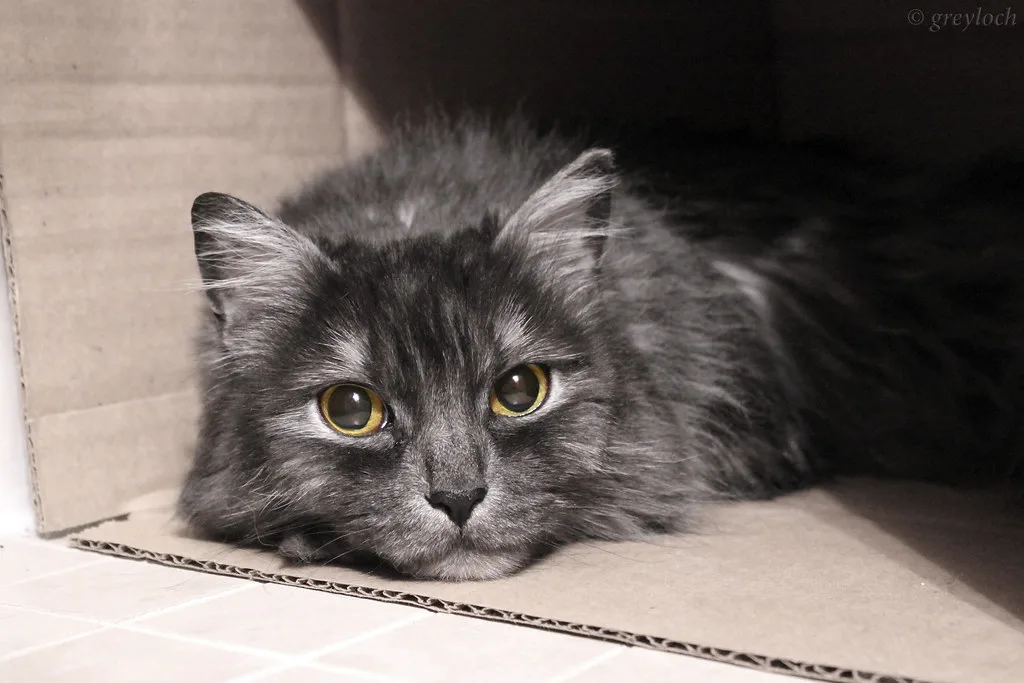
But be careful, purring can also be a sign of injury. The best way to decipher this is to observe your cat’s body language.
Ask yourself these 3 questions to determine if your cat is purring because it’s happy or because it’s injured.
- Does your cat seem uncomfortable?
- Are they purring in the right context?
- Are the ears pulled back in a threatening manner?
**AUTHOR’S NOTE*** When cats age they tend to meow and cry out frequently, and sometimes for no apparent reason. Consult your vet if you notice your cat doing this. It could mean signs of confusion or cognitive dysfunction.
The Cat Dictionary
Excessive meowing means that your kitty has learned this behavior to get what they want.
Interestingly enough, there is actually such thing as a “cat dictionary.”
In 1944, psychologist (and cat lover), Mildred Moelk developed a cat dictionary which gave meaning to the different types of sounds cats make to communicate with humans.
Her detailed observations touch on the different ways animals, particularly domesticated house cats, and humans communicate.
Her findings are astounding!
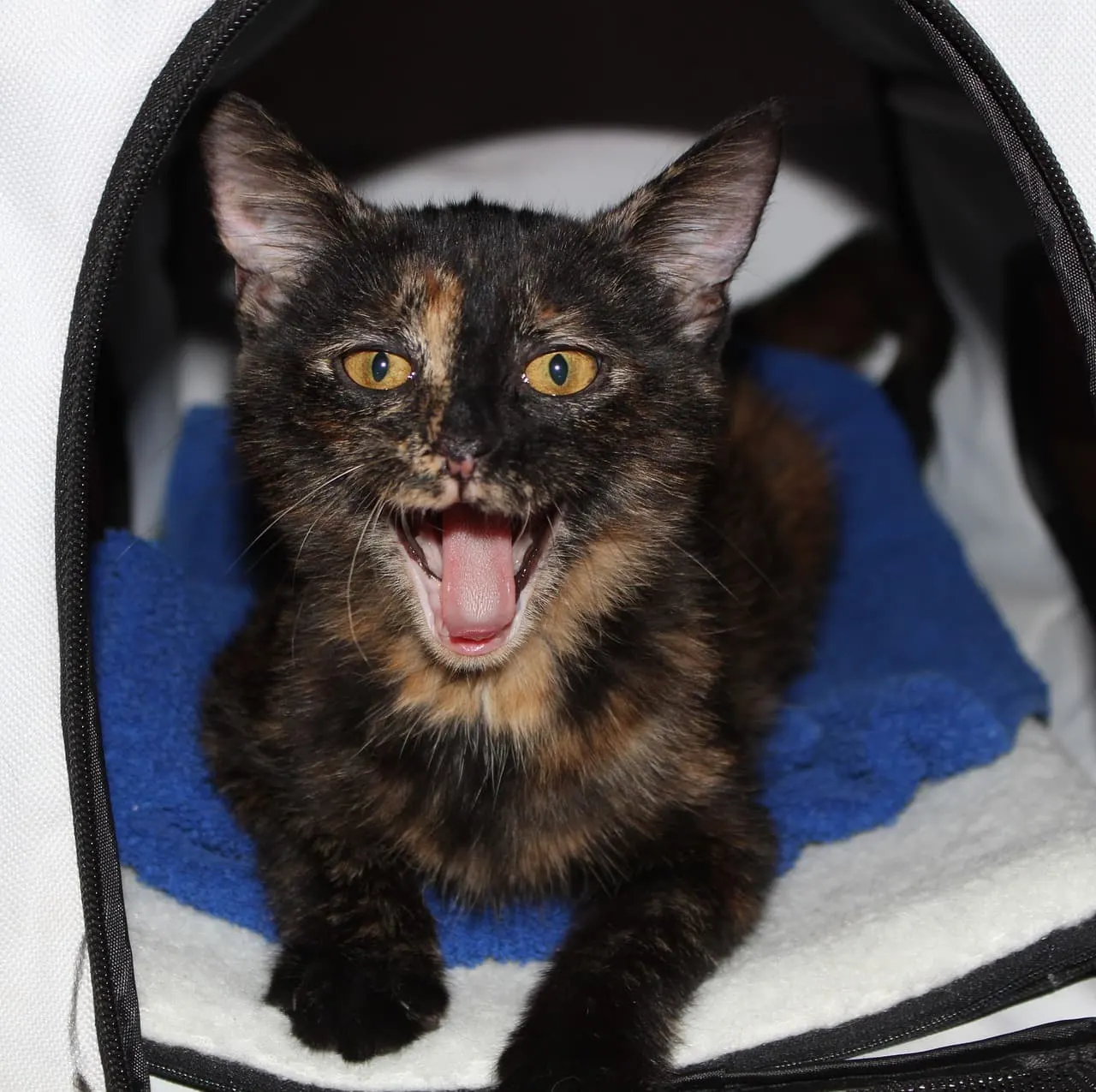
According to Mildred, there are 16 phonetic phrases a cat knows and these phrases are put into three different categories.
1. Soft sounds: made with the mouth closed– most likely represents feelings of satisfaction.
2. Vowel sounds: from an open-to-closing mouth as in meowing – requests or complaints.
3. Loud sounds: called strained intensity patterns, emitted from a wide open mouth – arousal or stress.
Moelk states that cat “meows” can be categorized in one of the three sections mentioned above.
She continues to claim that cats will use different kinds of “meows” to portray friendliness, excitement, confidence, pain, fear, anger, and dissatisfaction.
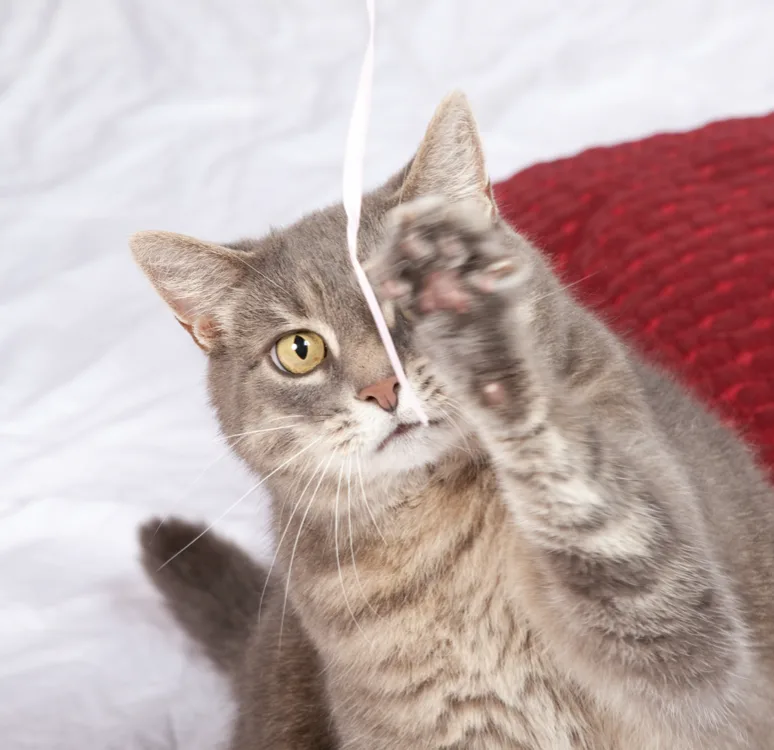
Cats Can Lose Their Voice
When a human loses their voice or has pain and difficulty speaking, it is usually because of illness.
If your cat has lost its voice, consult your vet immediately.
It could be signs of the following health complications:
- Infection
- Growths
- Laryngeal Paralysis
- Hyperthyroidism
- Rabies

Is There Really a Cat Language?
The cat language itself consists of scent, body posture, and voice.
As humans, we are ultimately blind to most of this language such as “tail talk”.
Gary Weitzman, CEO of the San Diego Humane Society, tells us that meowing is a learned behavior cats developed since humans can’t easily pick up on the non-vocal cues cats usually display.
Cat communication is so nuanced and complex that experts speculate that some cat vocalizations can be pitched at a certain frequency where only other cats can hear.
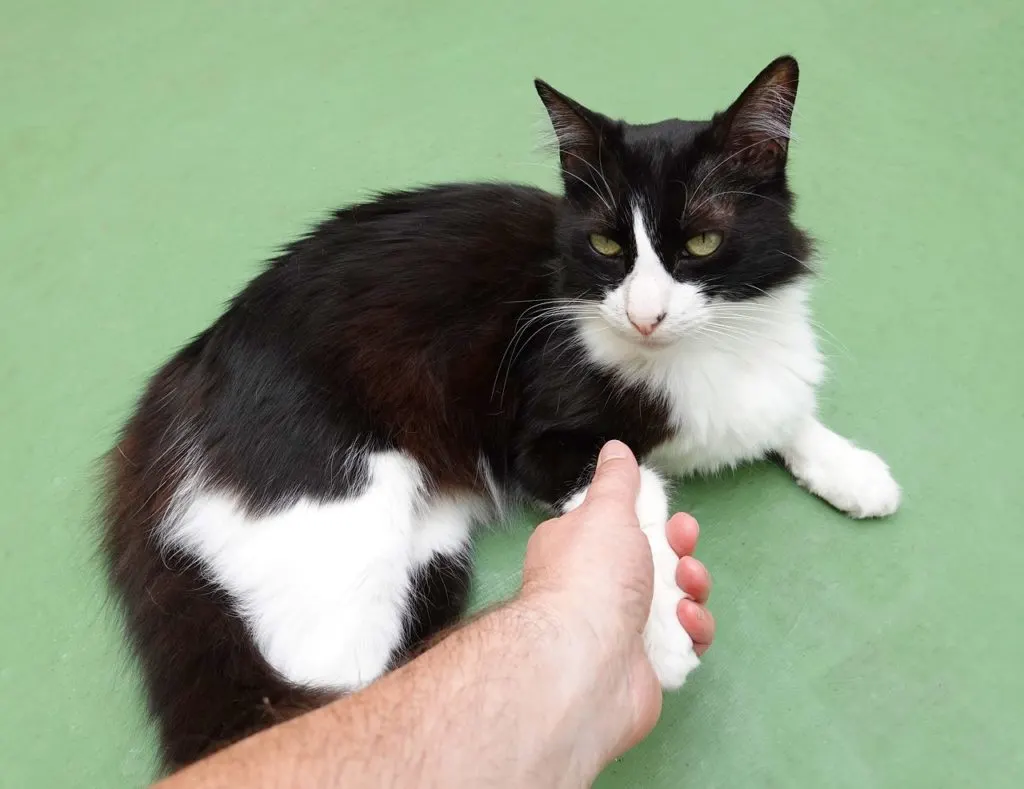
Even more interesting is that cats are experts at getting what they want.
According to a study conducted through Cornell University, a graduate student recorded and put together 100 different kinds of vocalizations from 12 different cats.
The conclusion?
Cats in the end are domesticated creatures that have learned over time what buttons to push to get what they want.
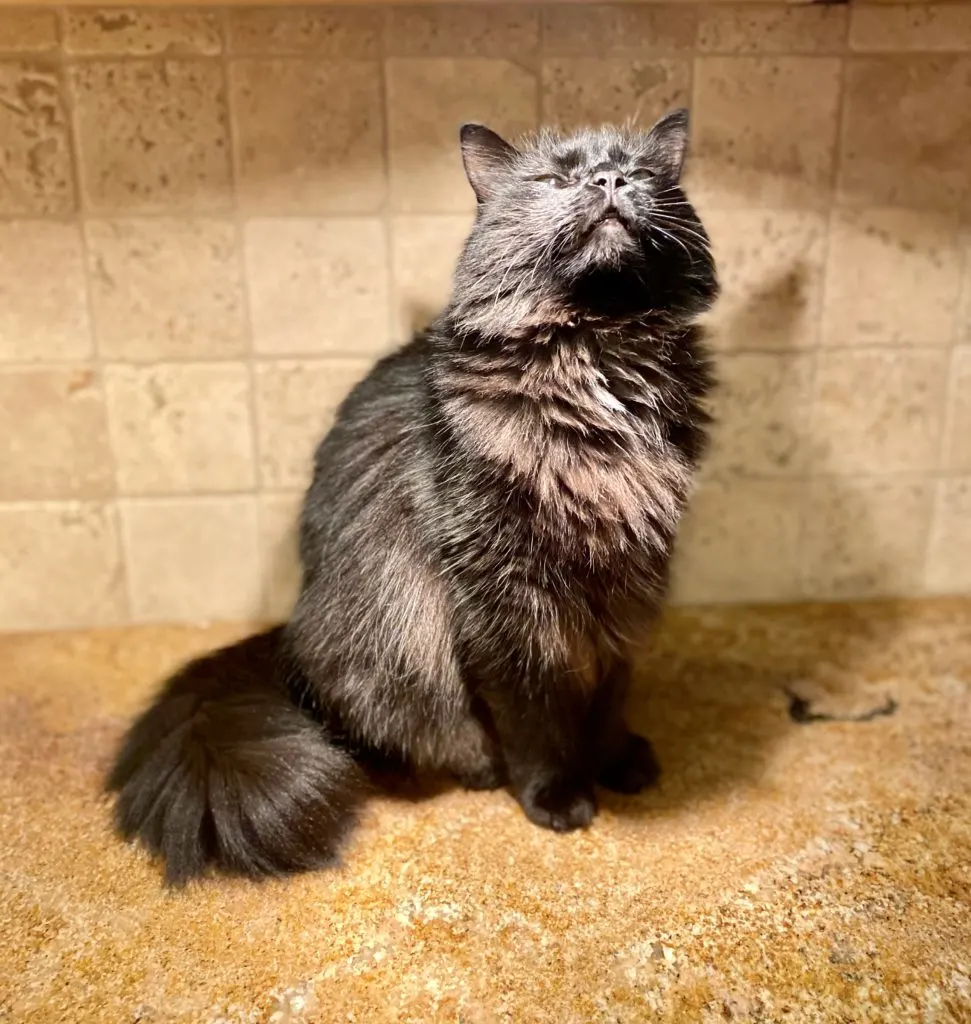
Cats – Nature’s Master Manipulators
Bottom line: your cat makes a variety of different sounds to get you to do what he/she wants!
You can loosely define this as a kind of cat “language”.
Whether your cat is sick, lonely, happy, playful, or mad, you’ll have a better idea of what her needs are.
Better communication between you and your cat will make your bond stronger and result in a healthier, happier cat.
What kinds of sounds does your cat make? Are you able to understand? Tell us in the comments below!
Summary: What Do Different Meows Mean?
- Soft sounds: Made with the mouth closed and signal satisfaction, happiness, affection.
- Vowel sounds: Made by opening and closing the mouth. Signal a request or complaint.
- Loud sounds: Made by opening the mouth wide. Intense sounds that signal signal distress or arousal.
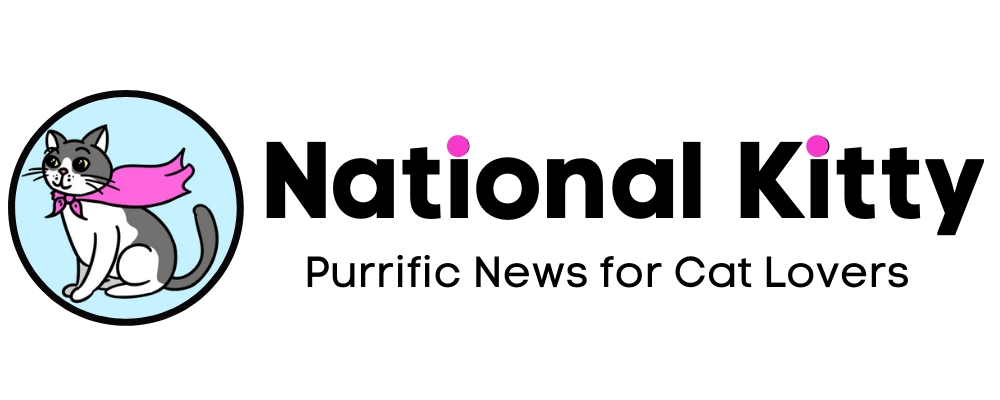
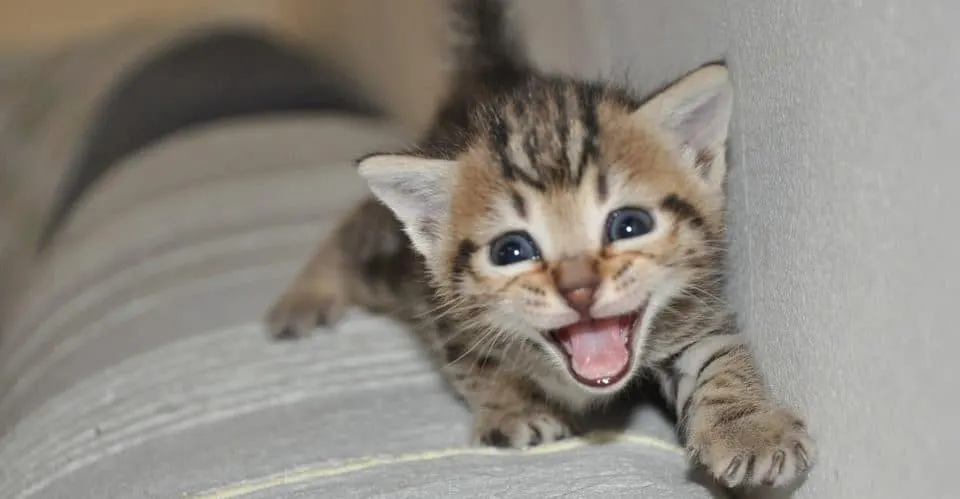
Lucy Warner
Monday 29th of June 2020
My Korat meows a lot in the evening until I give him and the two treats .
Vicky Martinez
Monday 29th of June 2020
My cat has passed but he had lots to say would meow a definite no sound when he didn't want to do something
Rosemary
Monday 11th of May 2020
Almost every time I am upstairs, my Milo cries out from the first floor, to tell him where I'm at. It's as if his playing a game with me.
Mickey Preston
Tuesday 5th of May 2020
My male cat yowls then stops and then does a shrill yowl then a small meow for no reason most said cause he is getting older If u call him he will usually be quiet but sometimes he wont that wasnt on there either
Matt Wicinski
Monday 2nd of September 2019
Katie Purry visits me in the bathroom. She walks the edge of the tub while I stroke her from head to tail, grabbing all the loose hair and dropping it in the tub. She hates a brush but, does like petting and grooming.